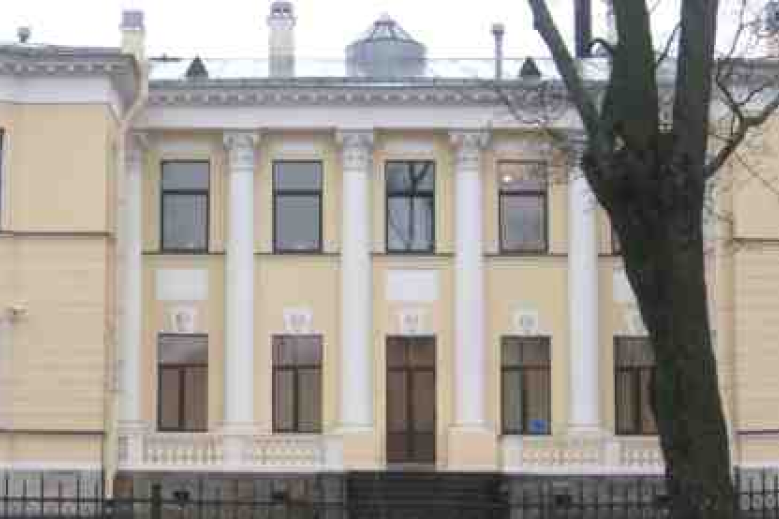"Philosophy, Mathematics, Linguistics: Aspects of Interaction 2014"
Профессора Кафедры Онтологии, логики и теории познания В.Л. Васюков и Е.Г.Драгалина-Черная выступили c пленарными докладами на конференции "Philosophy, Mathematics, Linguistics: Aspects of Interaction 2014" (Санкт-Петербургское отделение Математического института им. В.А.Стеклова РАН).

- E. Dragalina-Chernaya (Higher School of Economics, Moscow, Russia)
- Logical hylomorphism revisited
Abstract: The aim of this paper is to systematize the variety of logical hylomorphism according to different types of formal relations. Various explications of substantial and dynamic formality will be sketched. My larger purpose is to discuss demarcation principles for the bounds of logic as formal ontology and formal deontology.- V. L. Vasyukov (Chair of History and Philosophy of Science, Institute of Philosophy RAS, Moscow)
- Univalent Foundations of Mathematics and Logical Pluralism
Abstract: Vladimir Voevodsky in his Univalent Foundations Project writes that univalent foundations can be used both for constructive and for non-constructive mathematics. The last is of extreme interest since this project would be understood in a sense that this means an opportunity to extend univalent approach on non-classical mathematics. In general, Univalent Foundations Project allows the exploitation of the structures on homotopy types instead of structures on sets or structures on categories as in case of set-level mathematics or category-level mathematics. Non-classical mathematics should be respectively considered either as non-classical set-level mathematics or as non-classical category-level (toposes-level) mathematics. Since it is possible to directly formalize the world of homotopy types using in particular Martin-Lof type systems then the task is to pass to non-classical type systems e.g. da Costa paraconsistent type systems in order to formalize the world of non-classical homotopy types. Taking into account that the univalent model takes values in the homotopy category associated with a given set theory and to construct this model one usually first chooses a locally cartesian closed model category (in the sense of homotopy theory) then trying to extend this scheme for a case of non-classical set theories (paraconsistent, quantum, relevant etc.) we need to evaluate respective non-classical homotopy types not in cartesian closed categories but in more suitable ones. In any case it seems that such Non-Classical Univalent Foundations Project should be directly developed according to Logical Pluralism paradigma and and it seems that it is difficult to find counter-argument of logical or mathematical character against such an opportunity except the globality and complexity of a such enterprise.
Дата
24 апреля
2014
В статье упомянуты
